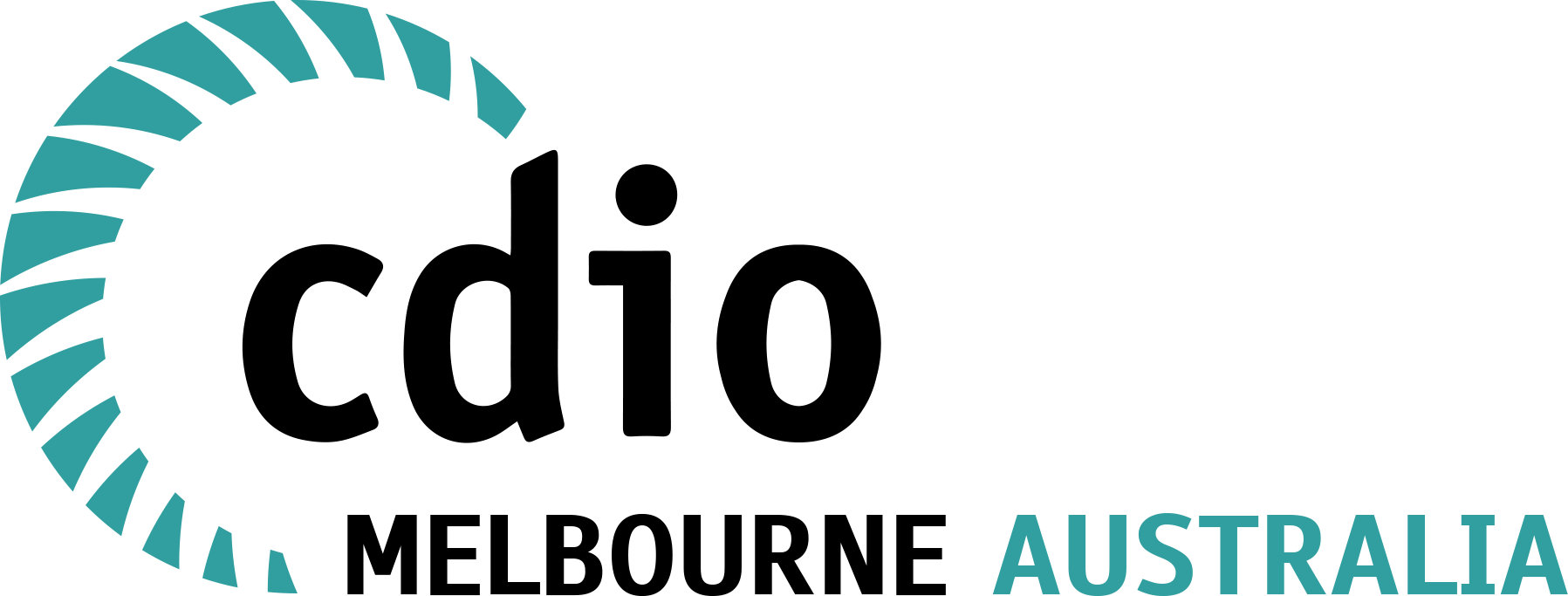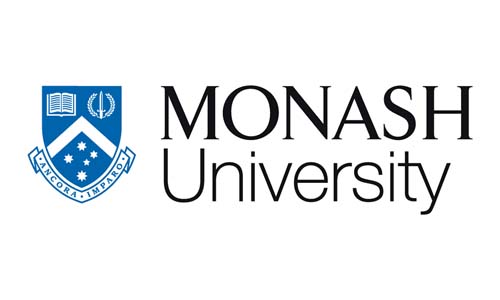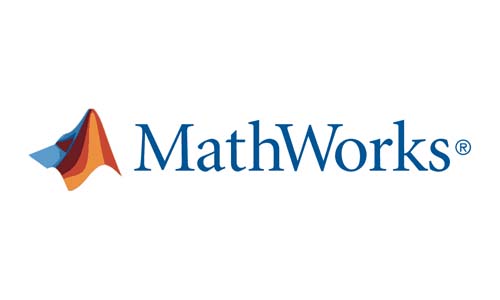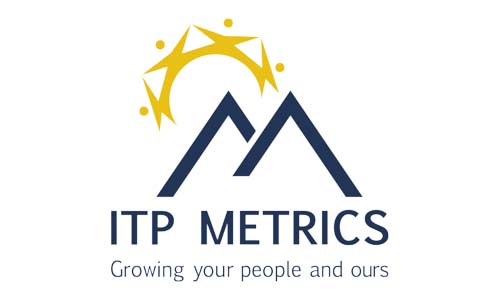Welcome
Welcome to the CDIO 2025 International Conference, set against the vibrant backdrop of Melbourne, Australia. Under the theme “Forging Connections: Synergies for a Sustainable Future,” this year’s conference aims to explore the powerful collaborations and innovative approaches driving the future of engineering education.
We invite proposals for contributions that resonate with the CDIO approach and our overarching theme. This is an opportunity to share your insights, research, and innovations through various formats including Podium Presentations, Poster Presentations, Workshops, Working Groups, and Roundtable Discussions.
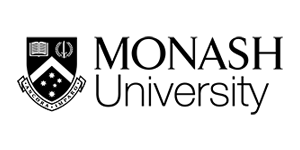
Hosted by Monash University
Acknowledgement of Country
Wominjeka Naarm
We respectfully acknowledge the Traditional Owners of the land on which the conference is held, the Wurundjeri Woi-wurrung and Bunurong / Boon Wurrung peoples of the Kulin. We pay our respects to their Elders, past and present.

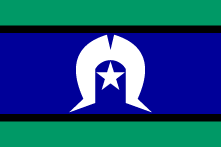
Keynote Speakers
Madeleine McManus OAM
Chair, Yarra Trams, CEO, Centre for Professional Engineering Education and Centre for Pavement Engineering Education (CPEE) and Chair Partnerships Committee, Robogals Global

Odette Maher
Monash Student

Selina Porritt
Monash Graduate

David Loven
Monash Student

Ratu Esther-Kelvin
Monash Student

TBC
Monash Student
Student Panel: Students Re-engineering the Future of Education
This panel gives engineering students and recent graduates the chance to talk openly about how they would redesign their learning, what might need to change, and whether the CDIO framework fits with real-world practice. Expect honest opinions, fresh ideas and big questions around diversity, sustainability, hands-on learning, and how students can help shape the future of education.
Abstract coming soon
Biography coming soon
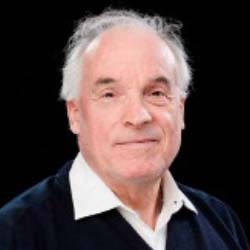 Emeritus Professor James Trevelyan is an engineer, educator, researcher and recently a start-up entrepreneur.
Emeritus Professor James Trevelyan is an engineer, educator, researcher and recently a start-up entrepreneur.
He invented Coolzy, new energy saving, low emissions air conditioning technology for a global market.
His research on engineering practice helped define the Engineers Australia professional competencies for chartered engineers. His books “The Making of an Expert Engineer” and “Learning Engineering Practice” are influencing the future of engineering education in universities and workplaces.
He is best known internationally for pioneering research on sheep shearing robots from 1975 till 1993 and for the first industrial robot that could be remotely operated via the internet in 1994, one of the earliest demonstrations of the ‘internet of things’. He also made significant contributions to help with the removal of anti-personnel landmines and other unexploded ordnance in many countries.
His recent research has helped clarify significant factors that make economic and social development in the Global South more challenging than in wealthier countries. His research offers several unconventional measures that could contribute significant improvements in progress towards the UN Sustainable Development Goals.
Web pages:
https://www.coolzy.com/
https://JamesPTrevelyan.com/
https://research-repository.uwa.edu.au/en/persons/james-trevelyan
https://www.linkedin.com/in/jtrevelyan/
Strengthening CDIO
CDIO’s strength is its emphasis on implementing and operating, not just designing and problem-solving. However, traction among faculty seems to be stagnating and interpretations are widening, blurring distinction from other project-based learning methods.
CDIO claims to be based on what engineers really do though the evidence base is thin. The lack of rigour may be undermining the success of this worthwhile initiative.
In this talk I will re-examine the intellectual foundations of engineering. By doing so, I will argue that contemporary engineering scholarship (and education) continues to omit most of what engineers do, pointing to the need to revisit our definitions of engineering, and engineers.
Implementing and operating are not the only omissions, however. Collaboration is essential in engineering, but it doesn’t happen automatically when people work together in groups. Engineers have devised special collaboration methods over the centuries, methods than could be taught.
Another omission is the influence of business. Students could learn why traditional models of economic decision-making in engineering cannot explain what really happens in practice. Students could also be more aware of the need, and methods, to improve current low standards of project delivery performance.
Perhaps the most serious omission is the significance of complex socio-technical interactions in engineering practice, considerably greater than most faculty presume. This omission enables engineers to claim that most of what they do is non-technical and therefore not real engineering.
This omission might be remedied by helping students understand that engineering education itself is a collaborative endeavour relying on complex socio-technical interactions. Faculty could embrace well-researched and highly effective teaching methods and, by doing so, make teaching easier and more enjoyable. Such a change, easily implemented within the CDIO framework, could strengthen both the evidence base for CDIO and its appeal.
Sub-Themes
We are particularly interested in contributions that address one or more of the following sub-themes, reflecting the most pressing issues and transformative ideas in engineering education today:

Diversity, Equity, and Inclusion
Cultivating environments that are diverse, equitable, and inclusive and observing the results of these

Sustainability in Engineering Education
Integrating sustainability principles into engineering curricula and projects.

Artificial Intelligence and Emerging Technologies
Harnessing AI and new technologies to enhance learning and teaching.
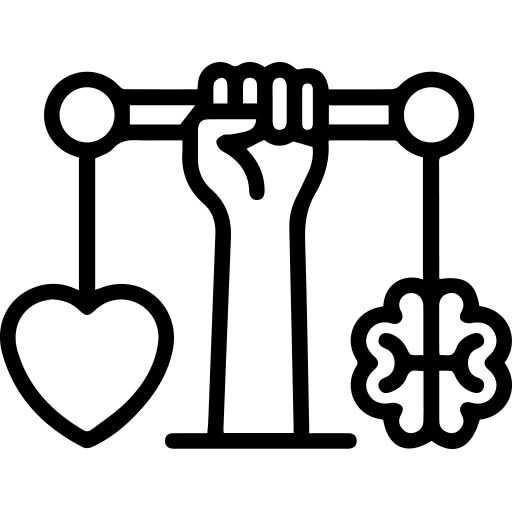
Emotion and Reason in Relation to Wicked Problems
Balancing emotion and logic to address complex, unsolvable problems

Educational Research and Innovation
Pushing the boundaries of engineering education through cutting-edge research and innovative practices, and strategies for implementing research-backed practices.

Industry Collaboration and Perspectives
Strengthening ties with industry to enrich engineering education.

Ethics and Professional Responsibility
Instilling ethical practices and professional responsibility in future engineers.

Transdisciplinary Approaches
Integrating knowledge from multiple disciplines to tackle complex, real-world challenges.
Join Us
Join us at CDIO 2025 to connect with educators, researchers, industry professionals, and students from around the world. Together, we can forge new connections and create synergies that drive a sustainable future in engineering education.
We look forward to your contributions and to welcoming you to Melbourne!

